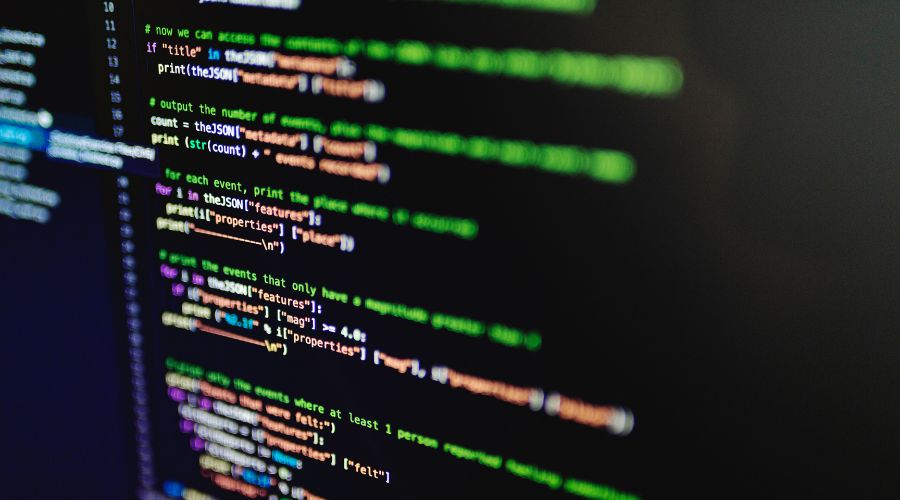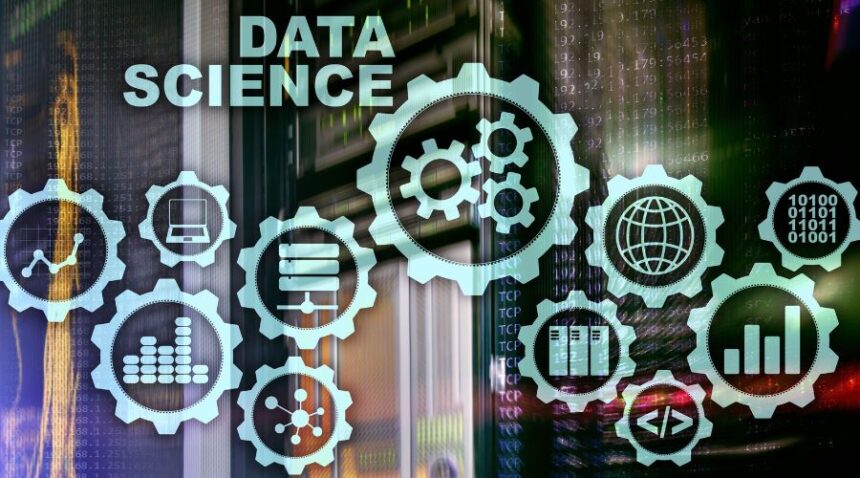Data science is one of the most in-demand fields of late, hence promising a wide array of job opportunities. Mastering data science from the basic level to the expert level is easier as compared to earlier times, with online education picking up steam. Hence, here is a step-by-step roadmap that gets one through the learning process effectively.
Step-by-Step Road Map to Mastering Data Science Online
Getting Underway as a Beginner

- Course Type:
Basics Go through introductory courses on Python and R programming. Both are going to be at least enigmatic languages for the manipulation and analysis of data. SQL also plays an important role in handling databases. Search online for some friendly beginner courses that cover those subjects extensively with practical exercises included.
- Basic Statistics:
The key to data analysis is to know basic statistics. Pay attention to the important things: median, mode, and standard deviation. With mastery of all the basics, you get a gist about distribution and techniques for data analysis. At the same time, all these concepts are relatively simple to grasp using free resources and introductory courses.
- Learning Resources
Free learning resources include online websites, tutorials, and interactive platforms that are very good starting points. Integrating it into your learning will surely enhance your grasp of the concept and technique of data science.
Intermediate Level: Building on the Basics

Once you’ve grasped the basics, then it is time to dig deep and go advanced into programming. That’s where in Python, you want to learn advanced techniques and libraries: Pandas and NumPy, while in R, this is going to be ggplot2. These tools are about to get very important in comprehensive data analysis and handling Big Data. You can apply all these mentioned libraries in an intermediate course.
- Data Visualization
The key to delivering insights effectively is through proper data visualization. It would be inspiring to learn the level of visualization capability of tools such as Tableau and Power BI. These shall enable translating the complex data into understandable formats. This shall be achieved by perusing online tutorials and courses related to Data Visualization.
- Projects and Practice
Of course, next comes practical experience. With this knowledge, start doing small projects whereby you apply your learning. Participate in different online challenges. All these works build a portfolio for you and showcase your capability to any potential employer.
Advanced Level: Specialization and Mastery

- Machine Learning
Advanced: These are the concepts of regression, clustering, classification, etc. you will learn in machine learning. Scikit-learn, TensorFlow, and Keras: You shall need those to create the machine learning models. These advanced courses shall take you through those concepts and their use.
- Deep Learning and AI
Deep learning and AI would, therefore, be further specialized. Other topics, like neural networks, especially NLP, are demanding yet rewarding when higher responsibilities are desired. Specialized courses and certifications master these advanced niches.
- Projects and Certifications
Now, work on solving real-life problems with the help of data science-driven projects. Big problems can be solved. You can also add a set of industry-recognized certifications to your skillset to prove those very skills, hence strengthening your resume. Since this certification will be from reputed platforms, it will already mean distinguishing yourself from other candidates.
Conclusion:
Online learning in data science takes a learner from a complete beginner to an expert. Mastery of Data Science might be achieved at each stage, from the basic understanding of the subject to the advanced level of machine learning skills, simply with online learning and a lot of devotion to the proper resources. For more details, visit www.Gurucent.com
FAQs:
Q1. What all programming languages do I need to start with?
First and foremost, learning Python and R, without which the task of data science cannot be carried out, needs to be started.
Q2. Generally, how many months/days does it take to learn this domain of data science?
It depends on how much you already know and how fast you learn, but 1-3 years are generally taken.
Q 3. Does one need to have any formal degree related to being successful within the domain of data science?
It is useful to note that success in this area doesn’t have to come out of formal training; most successful data scientists learned this skill through online courses and self-initiated learning.





